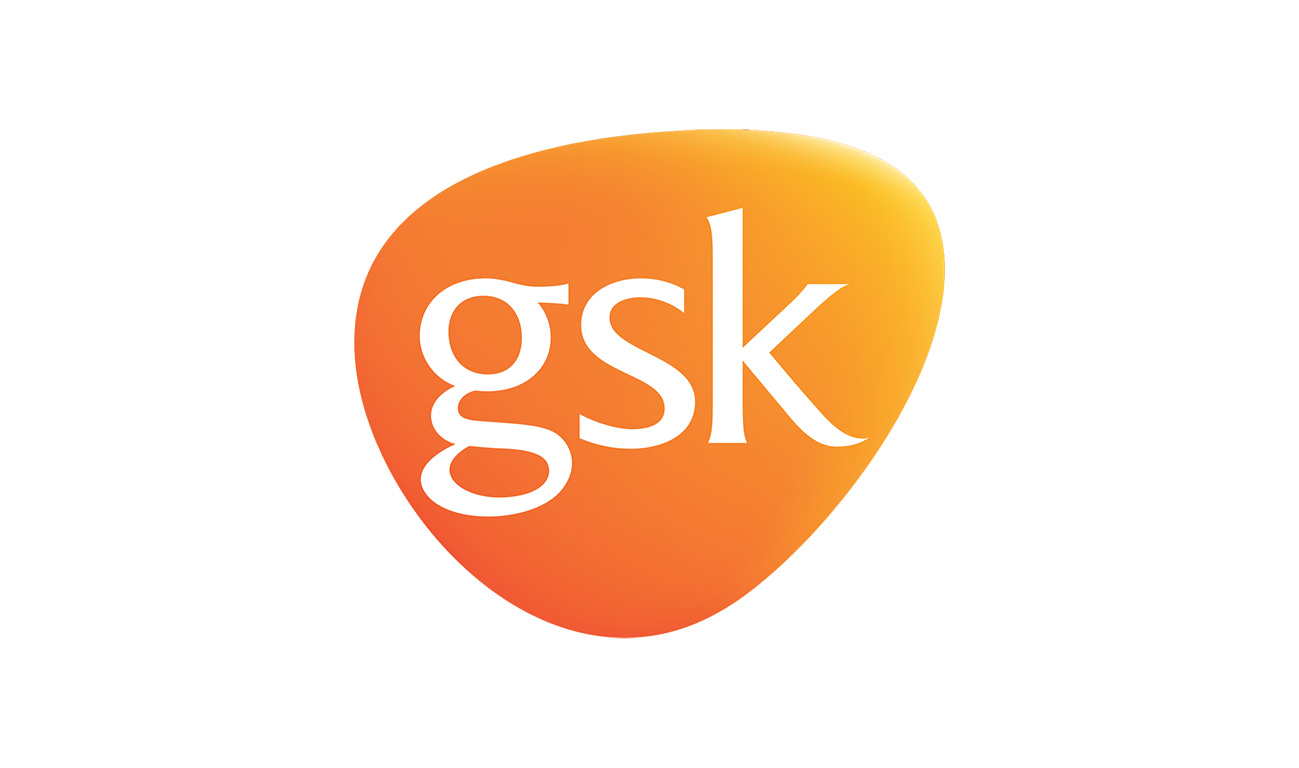Gary, the "Resourceful Recycler"
Responsible Business US Spotlight: Our Planet
GSK is targeting a carbon neutral value chain by 2050 and has ambitious goals to reduce carbon, water and waste in the meantime. We’ve made significant progress in the last five years. In fact, we turned a corner in 2014 and by the end of 2015, 60% of GSK sites globally sent no waste to landfill.
To better understand what zero waste to landfill means in the US, I spoke with Gary, GSK Shipping Coordinator at our Marietta, PA vaccine manufacturing and packaging site. Gary has worked with GSK for nearly ten years and has led the Waste Management Committee for this site to achieve this remarkable environmental milestone. Below is a summary of our recent conversation.
Katie: what does going zero waste to landfill mean to you?
Gary: For nearly a decade, my morning drive to GSK takes me right past the local landfill, and I have watched it grow. Ten years ago, this landfill was like a valley in the woods, now it’s the size of a small mountain. I have a grandson and it concerns me when I consider what sort of world we are leaving him.
I feel a strong connection to the work my colleagues and I are doing to reduce GSK’s environmental footprint. Achieving zero waste to landfill through recycling, repurposing or, by converting our waste to energy, was not an easy feat – it was a four year process involving the time and commitment of many people. It’s a big deal. It matters to all of us here, and I feel great personally and professionally when I reflect on what we have accomplished.
Katie: What is one of the toughest waste streams you diverted from the landfill?
Gary: The foam packaging panels have, by far, been the toughest waste stream that I have helped divert from the landfill. The vaccines that we ultimately process and package, ship to us from Belgium, and come to us packed in insulated SB24 Vaccines Shipping containers that include 30” by 40” by 2” foam panels as a container component. While GSK has a vendor in Belgium to properly dispose of this foam in Belgium, our US waste management vendors were not positioned to do so without directing it to either landfill or waste-to-energy facilities.
I did extensive online research and met with several local and national waste management leaders to determine any environmentally-friendly disposal options. One of the national leaders even put statements of materials available on craigslist and other sites to see if we could get individuals or companies to respond to recycling or repurposing opportunities, which has been successful.
However, by that point, we had accumulated three tractor trailer size truckloads of these foam panels. One good thing is that a few individuals here started repurposing some of the panels. One warehouse staff member (Chris) built a life-size doll house in his backyard for his two daughters, another employee (Kathy) built a shelter for a few local stray cats to help protect them from the elements, and a third employee utilized the panels to insulate his garage. We also found a local moving company interested in using some foam to help protect valuables during shipping.
Thankfully, a vendor was finally identified, and this vendor is not just diverting our foam from the landfill, but may also do so for another GSK US vaccine distribution site in the near future.
Katie: Congratulations! Now that you have achieved zero waste to landfill, what is still left to do at your site?
Gary: Achieving zero waste to landfill feels great. I can literally see how our One Team efforts at GSK are helping keep this mountain of a landfill from becoming an even larger mountain in the future. Going forward, our Waste Management Committee is navigating some ongoing issues with co-mingled materials and also determining some new local options for containers that previously held corrosive materials. And we continue to gather and incorporate best practices from GSK colleagues at other sites and of course share our lessons learned, too. As you can tell, I have a passion for this work. I really enjoy discussing new ideas with our staff members on how we can recycle or repurpose waste and see it as a potential resource.
Learn more about GSK’s commitments to our planet, and our progress managing the environmental impacts of our operations and products to reduce carbon emissions, water use and waste.
This blog is part of a series through which Katie Loovis, GSK Director of US Corporate Responsibility, interviews US employees to understand how they are putting our global responsible business principles into practice in America.





